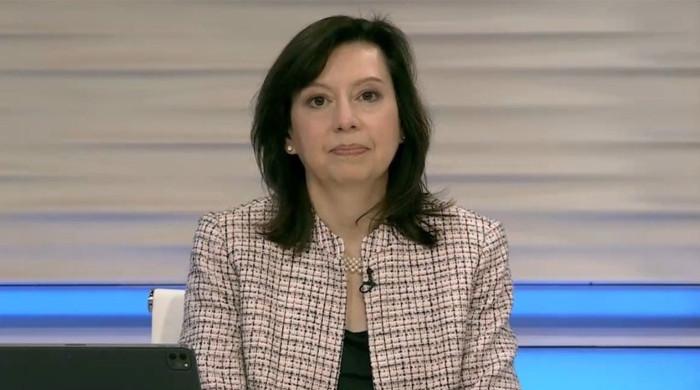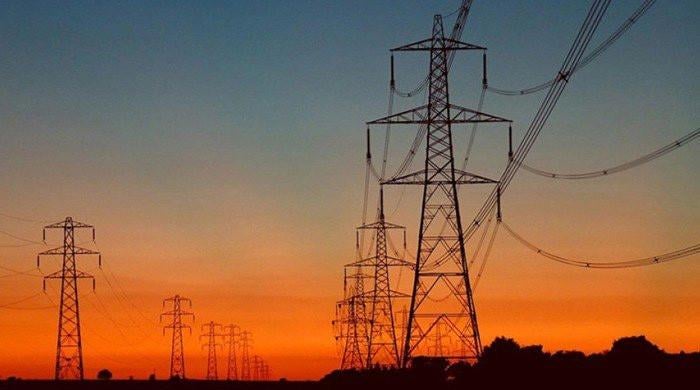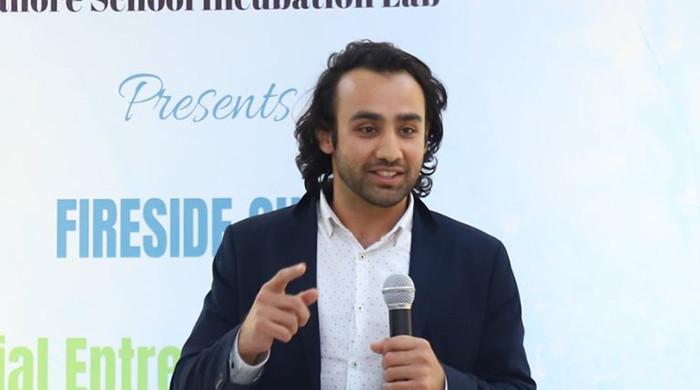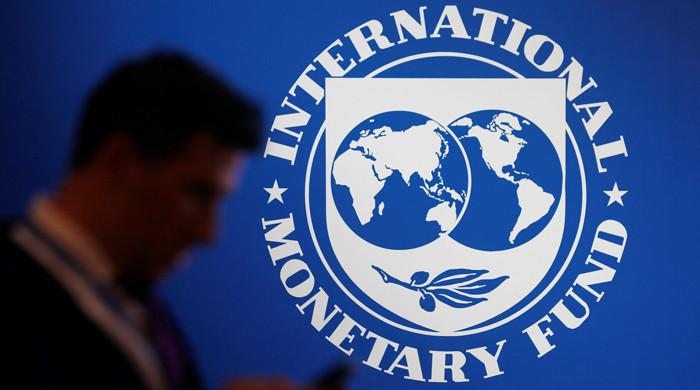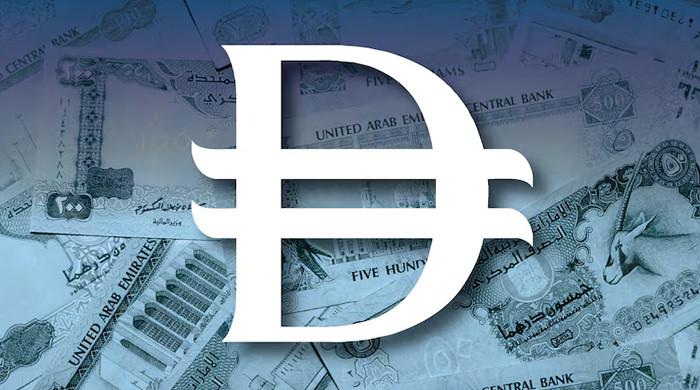No risk of default, remittances pouring into Pakistan, Aisha Ghaus tells NA
Minister of State for Finance Aisha Ghaus Pasha says govt has revived IMF programme while improvement is being seen in exports
November 19, 2022
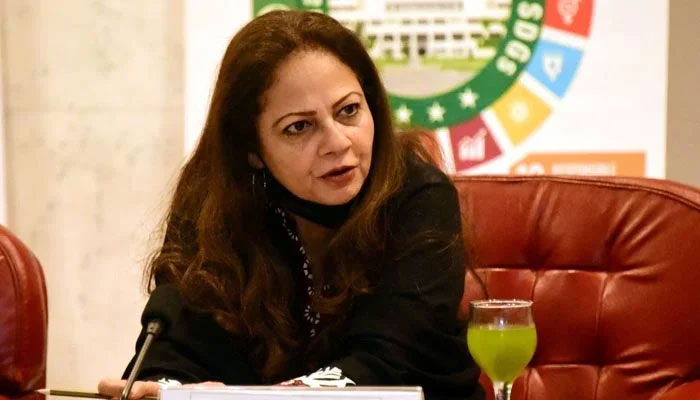
- Pasha says govt has revived IMF programme while improvement is being seen in exports.
- Stated that investors were showing interest in country.
- Says policies were being framed to enhance size of formal economy.
Pakistan faced a difficult situation when the coalition government came into power but now there is no risk of default, Minister of State for Finance Aisha Ghaus Pasha told the National Assembly.
While speaking during the question hour in the assembly session, the minister said that the country was going through a difficult time as a result of the suspension of the International Monetary Fund (IMF) programme.
“We have revived the IMF programme while improvement is being seen in exports and remittances are also pouring into the country,” Pasha said.
She further stated that the investors were showing interest in investing in the country due to reforms. The international community had shown the intent to help Pakistan in post-flood rehabilitation, policies were being framed to enhance the size of the formal economy by bringing potential taxpayers into the tax net, she added.
The minister said the entire supply chain from import to retail was being integrated with the FBR system to ensure documentation. She said the responsibility rested with every Pakistani to pay taxes to provide funds for health, education, transport, defence and other sectors. Both internal and external factors were behind the current price hike and it was the priority of the government to check it.
Responding to a question, Minister for Commerce and Trade Naveed Qamar said full-fledged trade with Iran could not take place due to US sanctions on the country. Talks with Iran on strengthening trade between the two countries would be held once the US sanctions were lifted.
JUIF parliamentarian Jamaluddin asked what the hurdles were for starting trade between Pakistan and Iran when India and Iran were doing trade activity. Qamar said Pakistan’s trade with the UAE had increased and the government wanted to increase it further.
Minister for Parliamentary Affairs Murtaza Javed Abbasi said the damage assessment had been completed in Punjab and Gilgit-Baltistan while surveys of other provinces would be completed by the end of this month. The damage assessment in Sindh and Balochistan could not be completed as the water was still standing in certain areas. He was confident that the data from damage assessment would be available by the first week of next month.
Later, the National Assembly passed a resolution on safeguarding the rights of all children as enshrined in the 1973 Constitution and under the UN Convention on Rights of Child for a more equal and inclusive Pakistan. The resolution moved by Mehnaz Akbar Aziz recognised the rights of every child as well as mothers and the need for the provision of the best available early care and a safe environment for all children.
The resolution condemned merciless practices of child trafficking, abuse, pornography and prostitution and recommended legislation and its implementation to curb these inhumane offences. It also reaffirmed to tackle the menace of child and bonded labour as enshrined in the Constitution. The resolution pledged to ensure the inclusion of children’s voices in important matters to establish peace and harmony in society. It vowed to create equal opportunities for all to acquire quality education in true letter and spirit. The House resolved to invest time and effort in reducing malnutrition in children and mothers and combating the menace of stunted growth amongst children to protect the future of Pakistan.
The House, through the resolution, said a child who was physically, mentally or socially handicapped would be given special treatment, education and care as required by his condition. The resolution pledged to provide more opportunities for children’s civic engagements as their inclusion was pivotal to the future of democracy. It reiterated strengthening the parliamentary caucus on child rights for child-centered legislation, advocacy and oversight.







